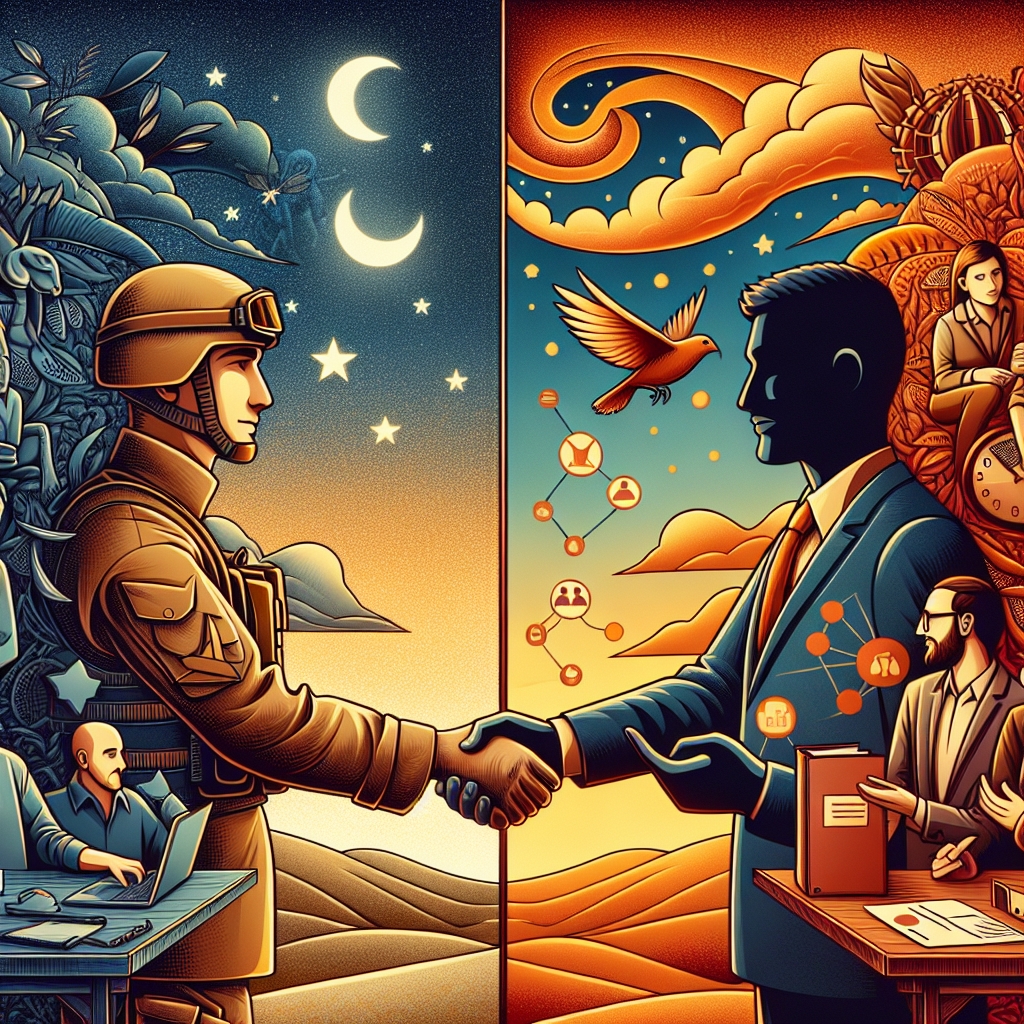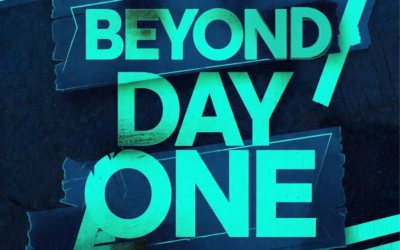We hear it all the time in hiring, leadership, and career development circles: “Soft skills are more important than ever.”
But have you ever stopped to ask—where did the term “soft skills” actually come from? Spoiler: it didn’t start in HR. It started in the military.
The Military Roots of Soft Skills
Back in the late 1960s, the U.S. Army began examining what made some soldiers more effective than others. The assumption was that technical training—how well someone could operate machinery or follow procedures—would be the main factor.
But a 1972 study at Fort Bliss, Texas revealed something surprising: Success didn’t come from hard skills alone. Soldiers who excelled were also strong communicators, decision-makers, and team leaders.
To distinguish these traits from technical know-how, the Army coined a new term: “soft skills.” It was their way of describing the human side of performance—skills not tied to tools or technology, but to how people interact, lead, and respond under pressure.
Why “Soft”?
“Soft” didn’t mean easy. It meant these skills were harder to quantify, less tangible, and not directly tied to a machine or manual.
- Hard skills = measurable, teachable, job-specific (e.g., coding, data analysis, certifications)
- Soft skills = interpersonal, emotional, and adaptive (e.g., communication, empathy, time management)
And here’s the irony: Soft skills are often the hardest to develop—and the most essential to long-term success.
From the Battlefield to the Boardroom
Once the military defined the term, business and education quickly followed. By the 1980s and beyond, companies realized that technical ability alone wasn’t enough. What truly propelled individuals forward was their ability to:
- Collaborate across teams
- Navigate conflict
- Lead with empathy
- Manage time, priorities, and change
Today, soft skills aren’t “nice to have.” They’re career-critical.

So Why Does This Matter?
Understanding the origin of soft skills reframes the way we value them. They’re not fluff. They’re not “extra.” They’re what hold teams together, make leaders trusted, and help professionals thrive—even in a world dominated by technology.
In fact, as AI automates more technical tasks, it’s these uniquely human skills that will continue to drive value.
🙋♂️ Your Turn
Which soft skill do you think is most underrated in today’s workplace?
👇 Drop your thoughts in the comments—I’d love to hear what you’re seeing out there.
#leadership #softskills #professionaldevelopment #career #training #communication #emotionalintelligence #linkedinlearning #employers #futureofwork #beyonddayone



